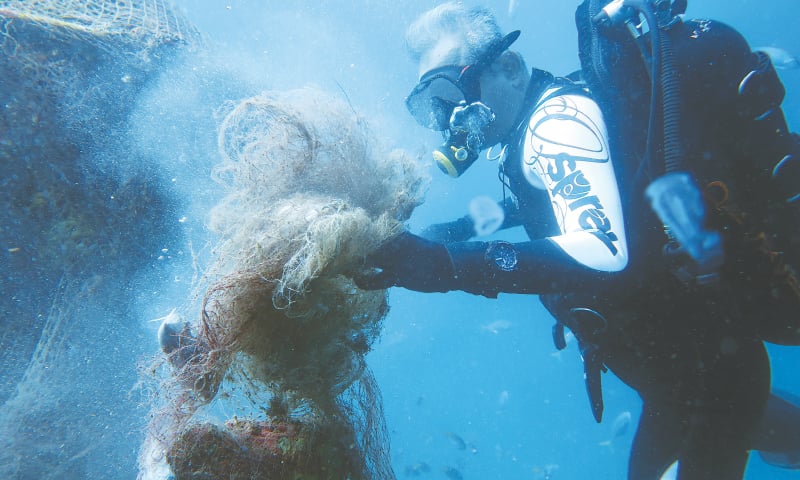In order to enjoy the many benefits of scuba diving, it’s important to know the rules and safety procedures. Most courses require a detailed medical history of the diver. Some medical conditions will prevent you from diving, so you should check with a physician before beginning. There is no black and white answer when it comes to this, but there are some precautions you can take to ensure your safety while underwater. There are also several agencies and publications that can help you understand the safety risks of scuba diving Snorkelling.
First, you should learn how to use the equipment. You’ll need to wear a dry suit if you’re diving in cold water and a wet suit if you’re in warm water. A skin suit is a lightweight wetsuit designed for tropical environments. If you experience severe sea sickness, you should try vomiting. This will only dehydrate you further, and is not recommended for beginners. In the event of an emergency, you’ll need to use a rescue device, such as a regulator or a float tank, to get breathing air.
When you’re ready to go on a diving trip, you should review the rules and regulations of the sport. If you’re unsure of the rules, ask your instructor or the instructor to teach you. It’s a good idea to check with the IDRCF and the IDC for scuba safety guidelines. It’s not uncommon for a course to be cancelled due to poor training. But you don’t have to miss out on the fun of scuba diving if you don’t know what to do.
Despite the rules and regulations of scuba diving, it’s essential to have a plan in case of an emergency. In case of an emergency, divers should practice rescuing themselves or others. In some cases, scuba instructors may not have a duty of care to rescue customers. After all, they may be busy leading large groups of divers and might have other tasks to attend to. And in the worst case scenario, you’re just about to make your first trip to the ocean.
In case of an emergency, scuba divers should be aware of the possible complications that could occur. The most common underwater emergencies are caused by a lack of breathing gas. Luckily, most scuba divers carry an alternative air source in the event of a medical emergency. They should also be aware of the signs and symptoms of an injury. It’s essential to avoid these hazards as much as possible. However, you should keep in mind that you’ll have to rely on others for support.
During your scuba diving trip, you must know the various safety procedures. The most important is to be cautious around marine life. This is one of the most important reasons to have a qualified instructor. You will want to make sure you are familiar with the different procedures and rules. Once you know what to do, you’ll be able to avoid any unfortunate situations. Just be aware of your surroundings and don’t overdo it.
Scuba divers are required to have a valid PADI certificate. This certification means that you’ve been through several training sessions, including a series of pool exercises and a number of basic skills. After the training, you will be able to dive without a tank in your hands. This is an essential part of scuba diving. You will need a PADI certification before you can travel abroad. The requirements for this certification include a thorough knowledge of scuba terminology and a certificate of knowledge.
Depending on your personal comfort level, a certified instructor should be on hand to help you. A certification will show you the best way to do this. In addition to a formal certification, you must also know how to do freediving. While freediving is a fun and enjoyable activity, it is important to remember that scuba diving is an extremely dangerous activity. If you are not sure whether or not you should participate in scuba diving training, always be sure to have a buddy with you to share your scuba experience.
Whether you decide to scuba dive or freediving, it is important to be aware of the risks. Scuba divers should be careful when they dive deeper than 30m/100ft. Because they can scare marine animals, they should be careful when approaching small animals. Then, if the freediver is nervous, he should avoid the area where the bubbles are. You should always be very cautious of the pressure in the water, which can lead to a ruptured eardrum.

